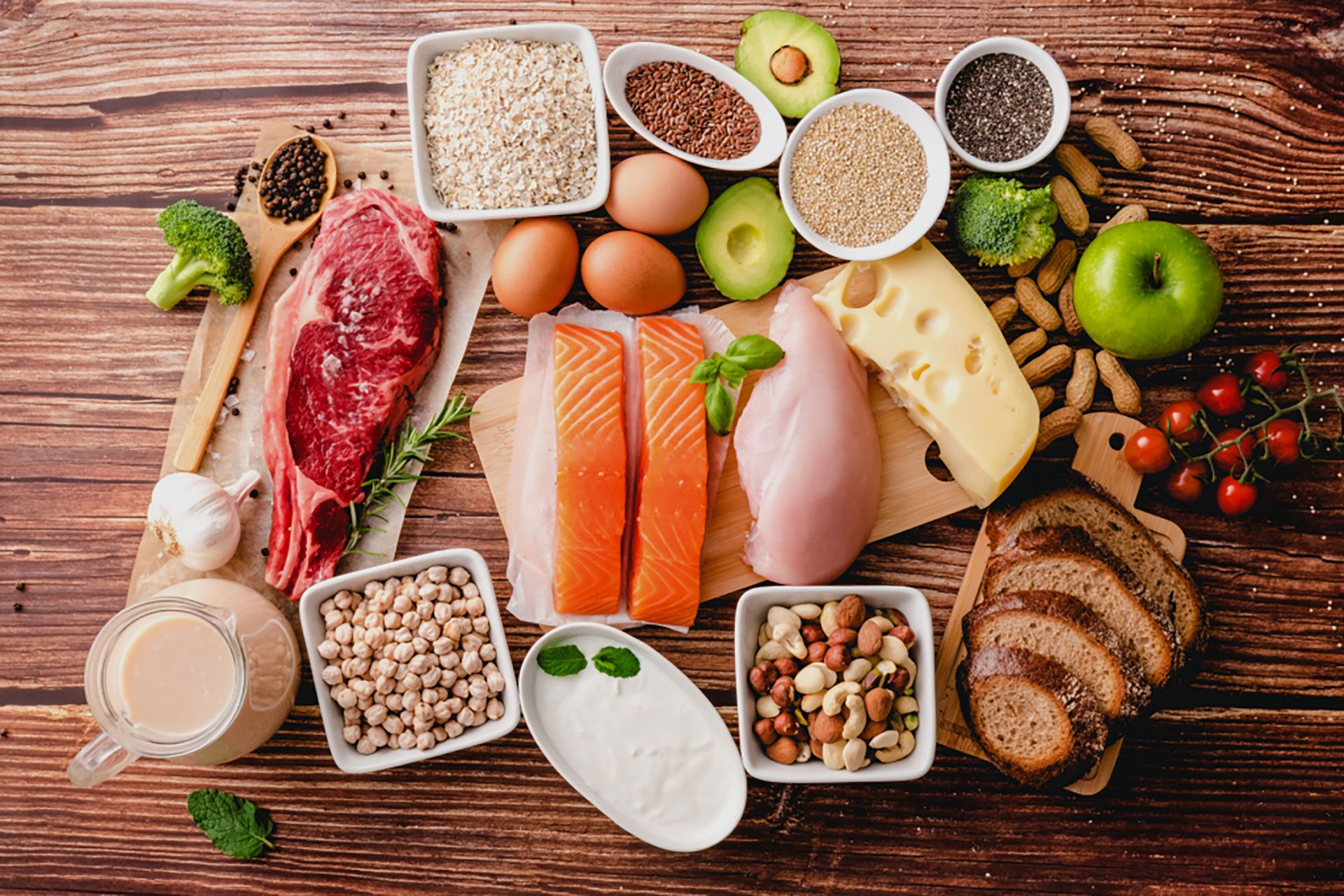How to enhance recovery through nutrition
At Performance, we take recovery days (and recovery itself) very seriously. But there’s an aspect of recovering after a workout that is often left out of the conversation: your meals.
Jul 1, 2021| Jacqueline Ballou Erdos, CCSD, CDN

At Performance, we take recovery days (and recovery itself) very seriously. But there’s an aspect of recovering after a workout that is often left out of the conversation: your meals. Well-designed recovery meals and snacks enhance training, reduce muscle soreness, improve performance in the next workout, and support the immune system.
It is especially important for athletes who are completing high volume or intensity training sessions, heavy lifting, working toward or participating in a competition, working out two to three times a day.
Recovery nutrition encompasses fluid, macro, and micronutrient replacement following a training session. A sound recovery nutrition protocol will allow athletes to optimize training adaptations and perform at their body's full potential in the next training bout, the next training block and year after year.
Recovery extends beyond the short-term recovery window immediately following training. An athlete's consistent day to day habits allow for nutrition to support improvements in performance. You can use the four Rs of recovery as guidance in approaching your recovery nutrition.
The Four Rs of Recovery
1.Replenish muscle glycogen (carbohydrate stored in muscle) following a training session. Aim for an intake of 30-60 grams of carbohydrates, or ~ 0.5 grams per pound of body weight.
2.Repair and regenerate skeletal muscle with high quality protein sources and key amino acids (e.g. leucine). Aim for a 15-30g intake of protein.
3.Reinforce muscle cells, immune function and central nervous system function with colorful and antioxidant rich foods (e.g. fruits, veggies, whole grains, fish, nuts, olive oil).
4.Rehydrate with fluid and electrolytes according to individual sweat lost during training. (Fluid Loss Calculator)
General recovery nutrition tips:
- If working out twice per day, eat an initial recovery meal or snack, then follow-up with another within two hours
- Include antioxidant-rich fruits and vegetables at meals and snacks
- Eat regular meals and snacks every three to five hours, including a balance of carbs, protein, and healthy fats
- Weigh yourself before and after workouts to estimate sweat losses and drink ~20–24 ounces fluid per pound lost
- Include salty foods after workouts longer than two hours
Consuming nutrients within 30–60 minutes of training or competition can enhance nutrient delivery to muscles while heart rate and blood pressure are increased. It can also result in faster glycogen replenishment and initiation of tissue repair as well as support the body's metabolic switch from muscle breakdown to muscle building, all of which are key to recovering after a workout and making progress.
But while the body may be most responsive to nutrients in the hour or two after exercise, continuing to deliver the right nutrients for the next 24–48 hours fully enhances the training response as well and prepares you appropriately for upcoming training sessions. You should continue to repeat the ingestion of all these nutrients in well-balanced meals and snacks every few hours in order to achieve your total daily nutrient needs.
Recovery nutrition after light exercise
It is also important to note that your recovery nutrition is highly personalized. It should also depend on the type of training session, training volume and intensity, timing of your next session, body weight and your goals. If you are training for a competition, your nutrition intake will look different from when you are simply working out to stay fit and healthy, for example.
If someone is working out lightly, or even once a day and not completing intense workouts (e.g. skills/drills, yoga, stretching, recovery day, weight loss phase) the next meal or snack is sufficient to meet recovery needs.
As you work out more often or at higher intensities, it becomes more important to prioritize timing and the details of recovery nutrition post-workout.
RECOVERY SNACK IDEAS
Choose a food from protein column + food from carb column based on training session!
Protein: 15-20g
3/4 cup cottage cheese
2 string or slices of cheese
1 cube firm tofu
2-3 cooked eggs
2-3 oz. deli meat
1 1/2 oz. jerky
2-3 oz. fish, chicken, beef, pork
1/2 cup nuts or seeds*
4 tbsp. nut butter**
1/2-3/4 c. edamame
1 c. beans*
2 c. milk (cows, soy)*
1/2-3/4 cup plain Greek yogurt*
Protein: 20-25g
1 1/2 cup cottage cheese
1 1/4 cube firm tofu
3-4 cooked eggs
3-4 oz. deli meat
2-2 1/2 oz. jerky
3/4-1 cup nuts or seeds*
1 c. edamame
1-1 1/2 cup beans or lentils*
1 serving protein powder
2/3 c. roasted edamame
1 1/2 cup Greek yogurt*
3-4 oz. fish, chicken, beef,
pork
Carbohydrates: 15-30g
1 piece or cup fresh fruit
1/4-1/2 cup dried fruit
1 c. fruit juice
1 c. chocolate milk
1/2 cup oatmeal
1-2 slices sandwich bread
1 English muffin
1 granola or cereal bar
1 x 8" tortilla or wrap
1/2-3/4 cup rice or farro
1/2-1 cup quinoa, beans, lentils*
3/4 cup cooked pasta
1/2 cup applesauce
Carbohydrates: 45-60g
2-3 pieces or cups fresh fruit
3/4-1 cup dried fruit
2 c. fruit juice
2 c. chocolate milk*
1-1 1/2 cup oatmeal
1 bagel
2 English muffins
2 x 8" tortillas or wraps
1-1 1/2 cup rice or farro
1 1/2-2 cup quinoa, beans,
lentils*
1 1/2 cup cooked pasta
*Protein source contains as least 15g of carbs, carb source contains at least 10g protein
**High calorie protein source due to high fat content
Jacqueline Ballou Erdos
Jacqueline Ballou Erdos, MS, RD, CCSD, CDN is a Registered Dietitian and Board Certified Specialist in Sports Dietetics. She is passionate about helping clients foster a lifelong, healthy relationship with food and their bodies, and works with her clients to create a custom plan that suits their needs.